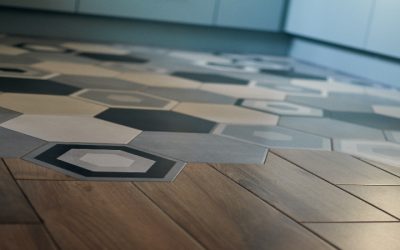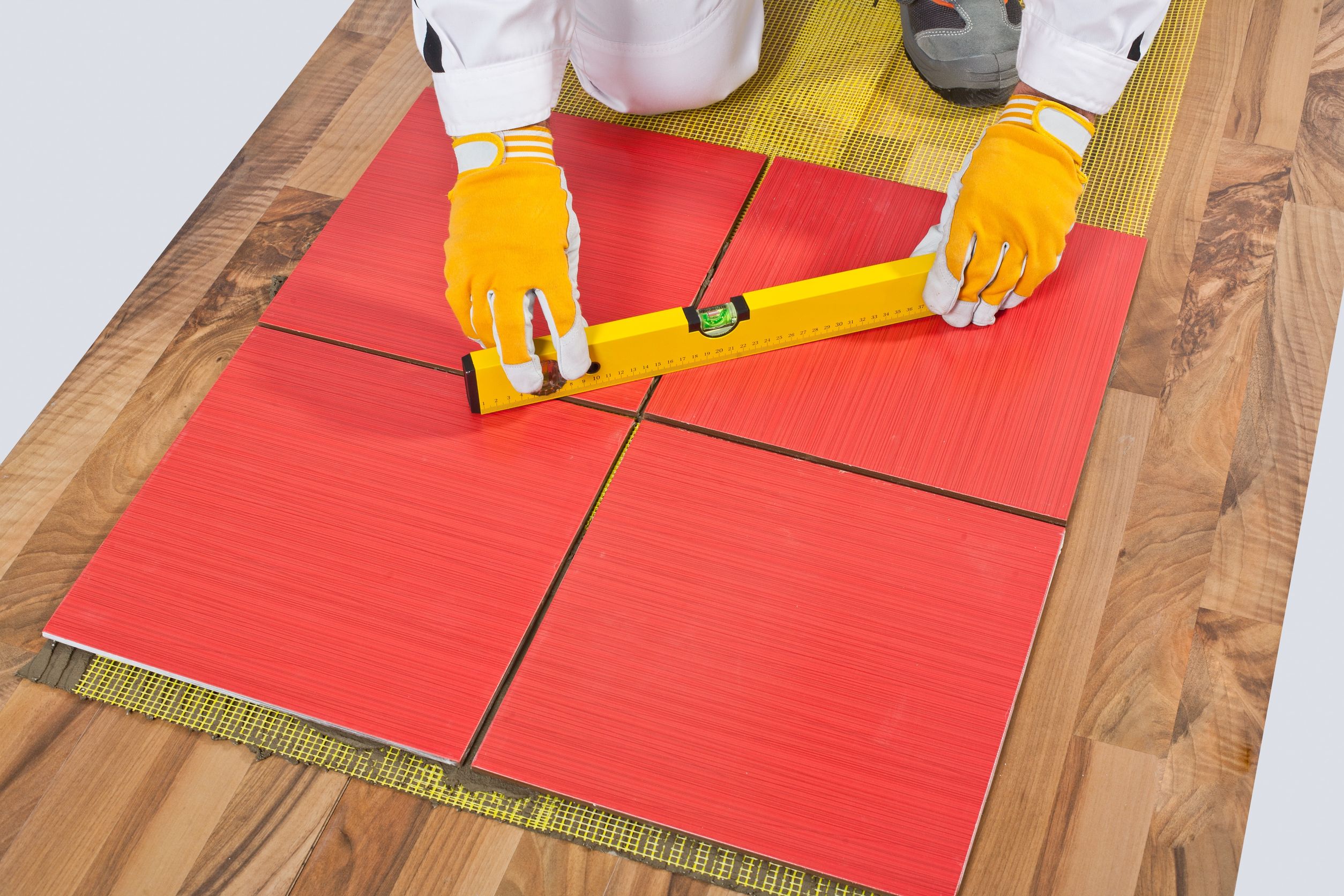When it comes to deciding on the type of industrial flooring you want to put down in your business building, it’s a good idea to familiarize yourself with each type before making a choice. Generally, there are four different kinds of flooring to choose from.
Epoxy as an Industrial Flooring Product
Epoxy is one of the most popular types of industrial flooring products available on the market. That’s because it is well-known for being an option that is very durable and strong. Epoxy can handle a lot of foot traffic or the weight of heavy machinery and it is also very easy to maintain and clean.
Polished Concrete for Modern Designs
Polished concrete is a great choice for flooring if you want to create a design on your floor such as embedding your company logo. It is also very eco-friendly and can resist bacteria, stains, mites, spills and moisture. The only down side to polished concrete is that it is hard on the feet if you have to stand on it for long periods of time.
Vinyl as an Affordable Option
Vinyl industrial flooring is one of most inexpensive types of floor and it comes in a wide variety of colors and patterns. It can also be very easy to install in your store and it resists moisture. One problem with vinyl is that it can be damaged fairly easy so it might not be the best choice if you have lots of foot traffic in your store or move heavy objects around frequently.
Rubber for High Foot Traffic Areas
If you have a lot of foot traffic in your store, consider rubber as a choice for your flooring material. Its advantages include being resistant to moisture and fire, as well as being anti-slip and soft and cushiony to walk or stand on. It can also reduce noise since it is so shock absorbent and is hypoallergenic and a good insulator. However, rubber is not as resistant to dirt and does need cleaning more often.
These four choices are the types of industrial flooring to consider if you are putting down a new floor in your business or store. When making a choice you can weigh the pros and cons of each to determine which would work best for your individual needs.



